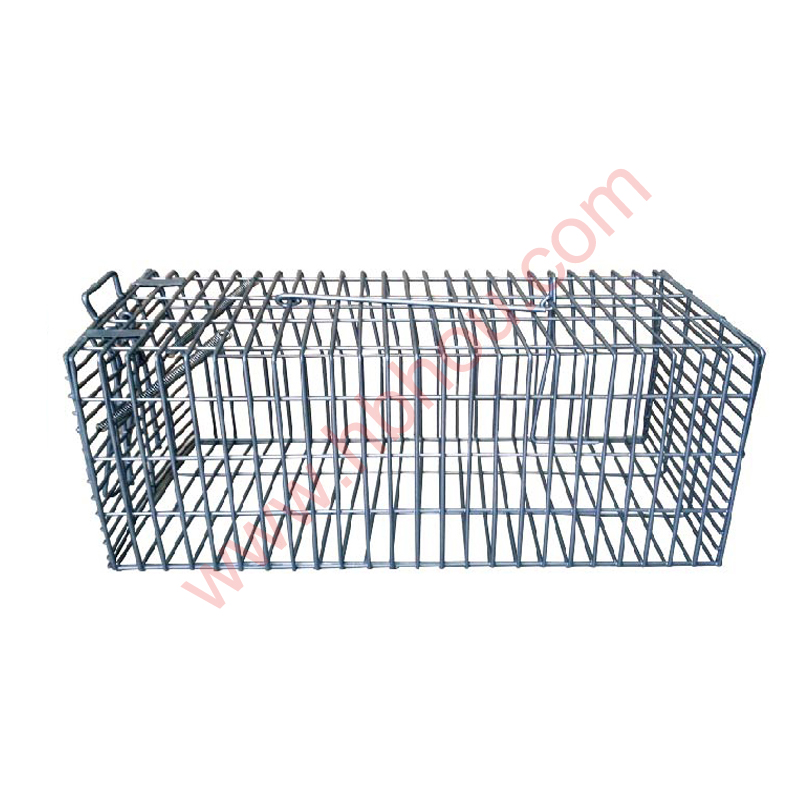The Importance of Using Plant Stakes for Vegetables
When cultivating a garden filled with vibrant vegetables, gardeners often face challenges posed by nature. One such challenge is supporting plants as they grow and develop. This is where vegetable plant stakes come into play, serving as an essential tool for a successful gardening experience.
Plant stakes are sturdy supports, often made from wood, bamboo, or metal, that can be inserted into the ground to help keep plants upright. Many vegetables, such as tomatoes, peas, and cucumbers, benefit significantly from staking. By providing support, plant stakes can prevent the plants from toppling over or becoming damaged by wind, rain, or even their own weight.
One of the most significant advantages of using plant stakes is the improvement in air circulation around the plants. When vegetables are allowed to sprawl on the ground, they can become crowded, leading to stagnant air and increased humidity. Such conditions can foster diseases like powdery mildew or blight. By staking the plants, you not only enhance airflow but also reduce the likelihood of fungal diseases and pest infestations.
Furthermore, staking encourages better sunlight exposure. Many vegetable plants thrive in direct sunlight, and when they are elevated off the ground, they can receive more light, leading to healthier growth and increased yields. For instance, tomatoes that are staked typically develop into stronger plants that produce more fruit, as they are less likely to hide in shadows cast by their own leaves or neighboring plants.
vegetable plant stakes

Additionally, using stakes can significantly ease the harvesting process. When vegetables are neatly supported, they are easier to pick, leading to a more enjoyable gardening experience. This is particularly true for legumes and other climbing plants, which can be guided along trellises, making it simple to access the produce without damaging the plant.
Plant stakes also contribute to space efficiency in the garden. Vertical growth frees up horizontal space, allowing gardeners to maximize their planting area. This is particularly beneficial in smaller gardens or urban settings, where every square foot counts. By utilizing vertical gardening techniques, you can grow a larger variety of vegetables in a confined space.
When implementing plant stakes, it's important to choose the right type for each specific vegetable. For instance, lightweight plants like peas may require simple bamboo stakes, while heavier varieties like tomatoes might need sturdy metal or wooden stakes. Proper installation is also crucial; stakes should be firmly driven into the ground to withstand wind and the weight of the growing plant.
In conclusion, investing in vegetable plant stakes is essential for any vegetable gardener looking to enhance their yields and maintain healthier plants. The benefits of improved air circulation, better sunlight exposure, ease of harvesting, and space efficiency are undeniable. Whether you're a novice gardener or a seasoned expert, incorporating stakes into your gardening routine can lead to a more productive and rewarding growing season. Embrace the support that plant stakes offer, and watch your vegetable garden thrive!
















